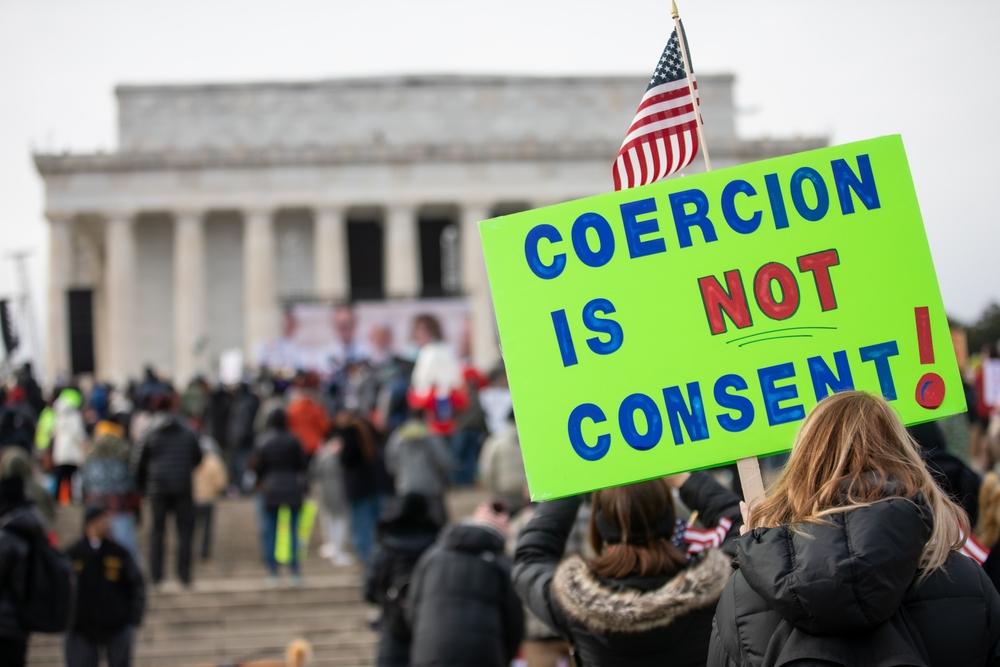In a recent study, Dr. Aseem Malhotra, a leading British cardiologist and previously a proponent for the COVID-19 mRNA vaccines, declared the global pandemic a pandemic of misinformation and called for a global stop of COVID-19 vaccinations.
“What has become clear with regard to the coronavirus disease 2019 (COVID-19) vaccines is that we have a pandemic of misinformed doctors and a misinformed and unwittingly harmed public,” he wrote in a study published on Sept. 26.







